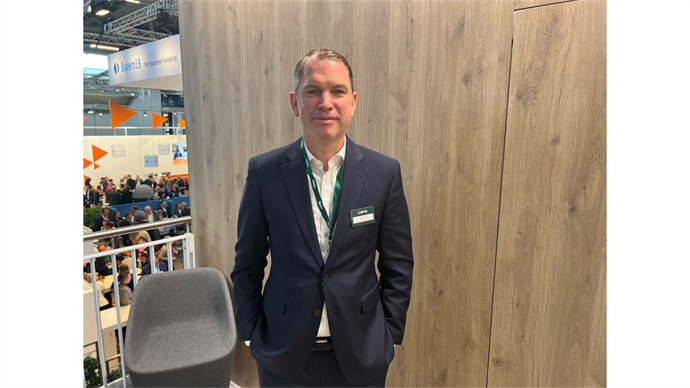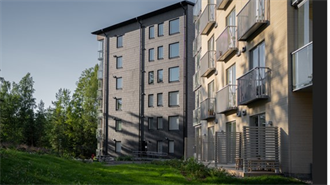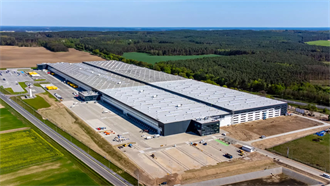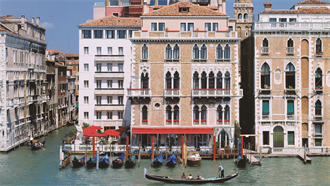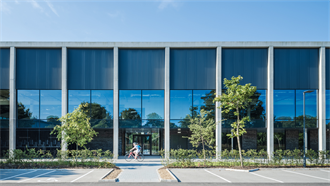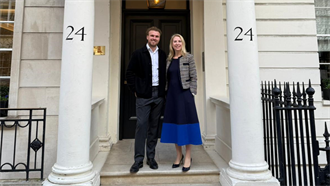A lack of willing sellers is hampering deal activity in Germany, while more structured workouts are needed to resolve distressed situations, according to Kai Mende, CEO Germany at CBRE.
Speaking to PropertyEU at Expo Real, Mende said the biggest problem in the German market at present was finding vendors willing to sell. ‘It's currently very difficult to get deals done. You should be actively trading assets,’ he said.
Mende cited the recent Fünf Höfe deal in Munich, picked up by family office Athos for €700 mln, and the rumored deal regarding the Upperwest office tower in Berlin for €400 mln as examples of family office investments. ‘They have the advantage of quick decision-making with just one or two people involved. On the other hand, institutional investors are facing challenges due to market uncertainty and sector-specific issues,’ he said.
Mende noted that the office market in particular is struggling, with factors like the return-to-office trend and ESG concerns impacting demand. Logistics is also slowing down due to economic conditions. The residential market is performing well, while retail is very selective. ‘While we've seen some positive signs, we won't see a rapid recovery,’ he observed. ‘I'm confident in the market's long-term prospects, but there's still a lot of work to be done,’ he said.
On the issue of distressed assets, such as those arising out of the collapse of Austrian property giant Signa, Mende said he believed more structured workouts are needed.
‘Some banks hold non-income-generating properties, and tenant acquisition is challenging,’ he explained. ‘We've seen two projects where banks acquired the remaining equity after 80% completion. This could be a strategy for all projects. Many mid-sized and large developers, avoiding service roles, are considering partnering with banks due to market difficulties and equity constraints.’
Investor holding periods vary by case and depend on bank communication, he pointed out. Germany's lower insolvency rate compared to the UK discourages banks from pursuing insolvency, as it often yields suboptimal results. ‘Banks prefer to avoid insolvency to maintain relationships and achieve better outcomes. Signa is a prime example of banks losing control and being forced into insolvency,’ he said.
According to Mende, banks are benefitting from current profitability on new loans, making workouts more attractive. Lending has also become more appealing again compared to two years ago, although individual portfolios influence strategies.
Away from distressed situations, most players in the German real estate market appear to have come to terms with ‘the new normal’, in which interest rates and inflation have stabilised at 2%. Compared to 2023, when ‘everyone had given up’, this year there has been a general adjustment to lower price levels, he said.

